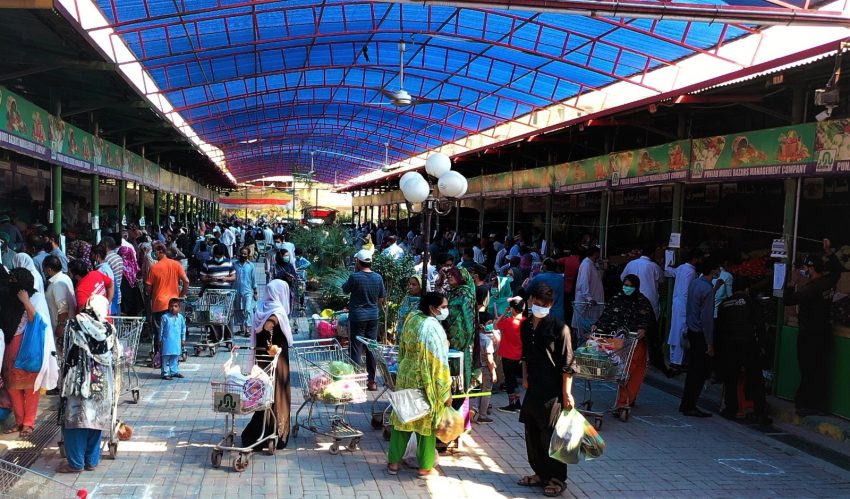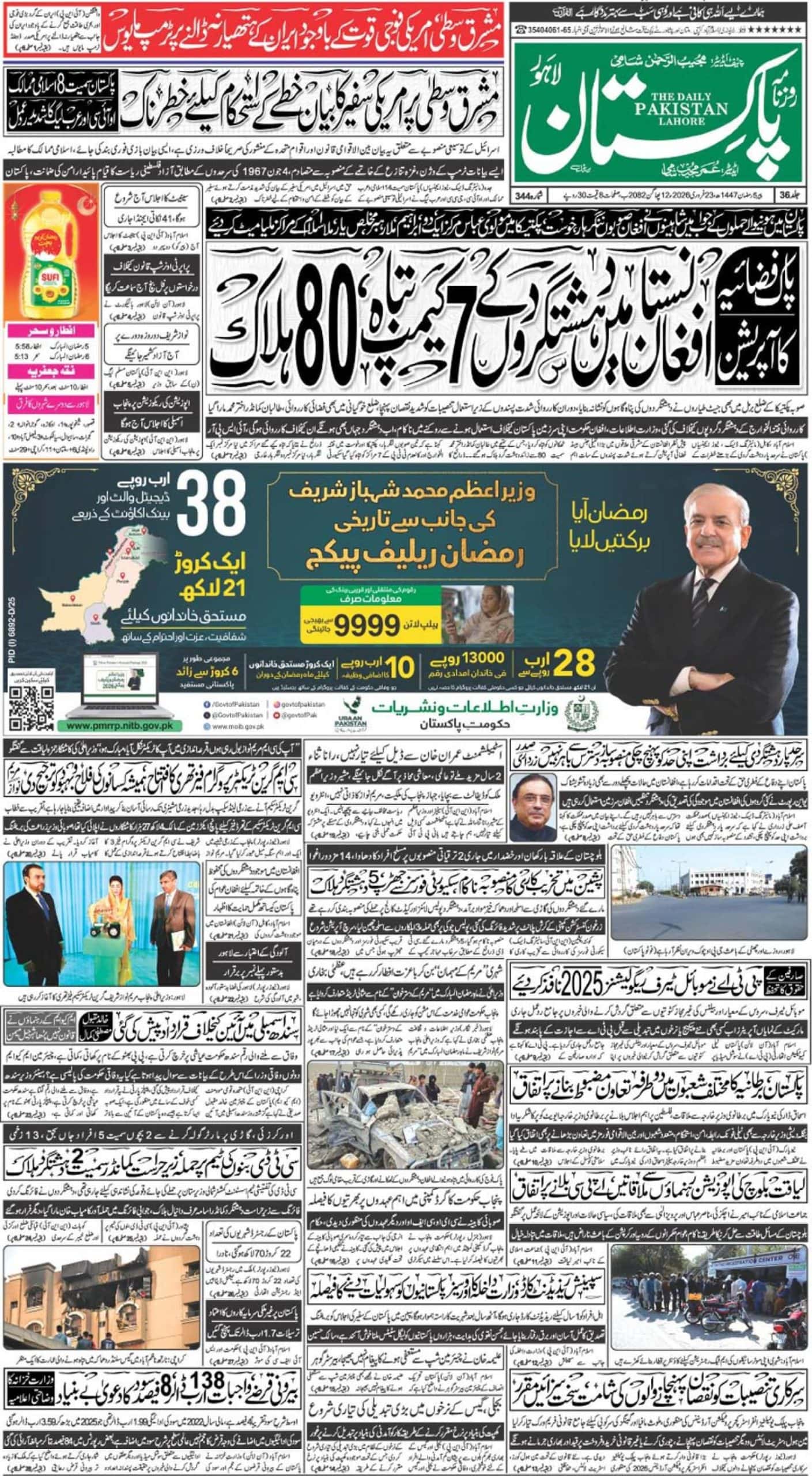A sea of change is ongoing in Punjab’s public supply chain, spearheaded by Naveed Rafaqat Ahmad, a seasoned expert with over 15 years of experience in public sector reform and strategic governance. At the helm of the Punjab Sahulat Bazaars Authority (PSBA), Ahmad is driving a transformative initiative that promises affordable, high-quality essential goods for millions across the province. This evolution marks a significant leap from the Punjab Model Bazaar Management Company (PMBMC) to a more robust, legally empowered authority, poised to redefine public welfare and economic resilience.
He says that the PMBMC laid a solid groundwork, operating 36 model bazaars across 25 districts and serving approximately 50 million customers annually with essentials priced 10-30% below market rates. Yet, challenges like limited financial autonomy and land ownership constraints hindered its full potential. Recognizing these barriers, Ahmad championed the transition to PSBA, a move that introduces a stronger legal framework. This shift enhances governance, optimizes resources, and boosts operational efficiency, allowing the authority to overcome previous limitations.
About the authority, he said the PSBA operates under its own regulations, granting greater control over land use, procurement, and decision-making. With a dedicated Director-General and a streamlined board, bureaucratic delays are minimized, and financial independence is secured. The legislative journey for this transformation began with Bill No. 22 of 2025, introduced by Minister Mujtaba Shujaur Rehman. After rigorous debate in the Punjab Assembly and Cabinet approval, the bill was enacted, empowering PSBA to regulate prices, expand its reach, and operate with unprecedented authority.
Naveed says expansion is already underway, with 13 new model bazaars currently in construction, set to be fully operational by July-August 2025. Strategically located, these bazaars aim to bring essential goods closer to underserved communities, bridging gaps in retail infrastructure. Stall allocations will prioritize transparency, managed through an electronic balloting system open to all applicants. Successful vendors will secure one-year renewable leases, with monthly rents ranging from Rs. 8,000 to Rs. 15,000—covering utilities, maintenance, electricity, parking, and cleaning services, making it an attractive opportunity for small businesses.
Looking ahead, Ahmad envisions PSBA reaching Tehsil levels and establishing more bazaars across Punjab. Collaborations with the Board of Revenue and local administrations will facilitate land acquisition, with potential sites including Noshera Virkan, Burewala, Jalalpur (Multan), and Sangla Hill. Feasibility studies are also ongoing for Attock, Bahawalnagar, Murree, Rahim Yar Khan, and Talagang, signaling a bold expansion strategy. To maintain quality and pricing consistency as the network grows, PSBA relies on centralized procurement, rigorous quality checks, adaptive pricing models, and frequent audits—ensuring standards remain high and prices fair.
Concerns about bureaucratic overlap in the new system are met with a clear response: efficiency and accountability are non-negotiable. He says PSBA’s structure is designed to eliminate redundancies, simplify processes, and maintain agility through continuous policy assessment. Ahmad’s broader vision is ambitious—to create a technology-driven, self-reliant supply chain that could serve as a model for other provinces. If successful, PSBA’s framework has the potential to bolster Pakistan’s socioeconomic stability and food security on a national scale.
Naveed mentions that a recent milestone underscores this commitment to public welfare. During Ramzan 2025, PSBA launched a Free Home Delivery Service, bringing subsidized essentials directly to residents—particularly benefiting the elderly, disabled, and those with limited mobility. Market prices for these goods totaled Rs. 30.84 million, while PSBA offered them at Rs. 22.84 million—a 35% savings. Compared to District Commissioner rates of Rs. 24.44 million, this still delivered a 7% reduction, providing Rs. 7.99 million in total relief to the community.
In his closing message to Punjab’s residents, Ahmad emphasizes a steadfast dedication: delivering affordable, quality essentials to every doorstep remains the core mission. Transforming model bazaars into a sustainable system is just the beginning. With the continued trust and support of the people, he aims to build a stronger, fairer, and more prosperous Punjab—a vision that’s steadily becoming reality under his leadership.














